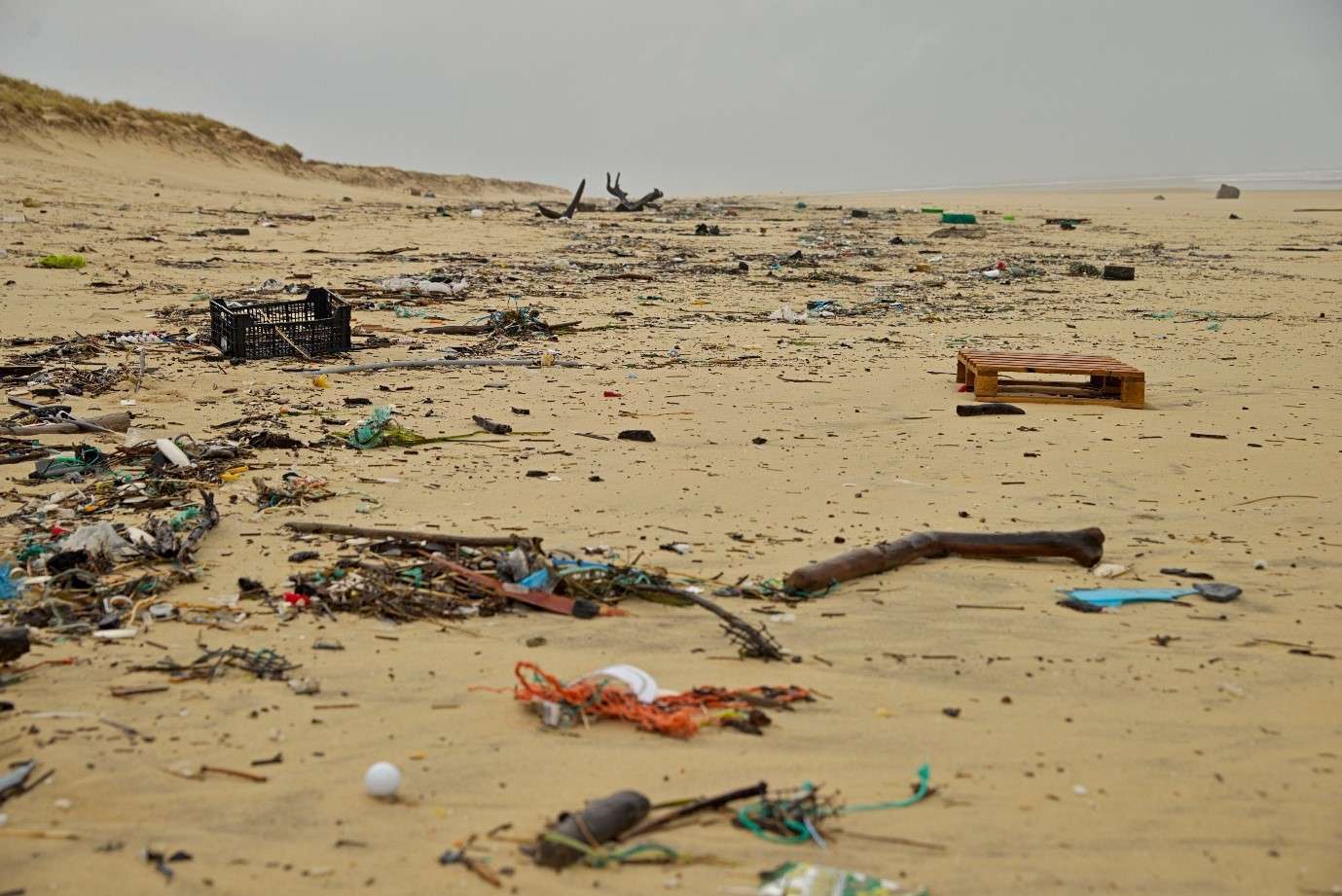
The negative impact of waste on human and environmental health and climate at a global scale is unequivocally clear around the world. Almost 20% of global carbon emissions are due to poor waste management, and one in three people do not have proper access to proper solid waste management systems, leaving them to burn bury or throw waste in the environment.
With global municipal solid waste generation rates reaching an estimated 2.2 billion tonnes per annum by 2025, increasing by 60% to 3.4 billion tonnes by 2050, the extent of this issue is apparent. The negative effects of improper waste management not only mean detrimental effects to the environment, ecosystems, and people, but it also affects the overall economy of a country.
But why isn’t solid waste management seen as a priority in addressing climate change?
Part of the reasoning is that emissions from the waste sector is massively underreported by governments. Across the waste value chain, activities such as transport, incineration, manufacturing, and habitat destruction are often not included in reported emissions (which are reported by sector) under the current Intergovernmental Panel on Climate Change (IPCC) framework. This does not incentivise governments and industry to address solid waste management as a part of larger efforts to address climate change.
At DT Global, we believe that solid waste management can be integrated across the COP26 agenda in some of the following ways.
Our Principal Consultant Gary Morris-Iveson and Associate Director Jonathan Parkinson are publishing a series of reports about Solid Waste Management and the Race to Zero. Read the first report here: